India is the largest producer of mango in the world. The productivity of mango is low due to poor initial planning, inferior planting material, poor orchard management practices, unscientific post harvest practices and natural calamities. Vegetative dominance over reproductive phase, irregular flowering, erratic fruit set and its growth, fruit drop, post harvest losses, pests, diseases, disorders and adverse climatic conditions affect the economic cultivation of mango. In order to avoid loss and increasing profitability, it is necessary to take steps from initial stage so that vigour and growth of the orchard is maintained by performing proper operations right from planning of orchard to sale of the produce. In mango cultivation, today major issues are nutrition, irrigation, pests, diseases and disorders which can be rated as the critical issues for attention to improve its productivity and quality. Improvement in production of planting material is an area that needs action to stop or slow down the re-cycling of disease and pest problems in old and new orchards. Educating growers, contractors and extension officers on these aspects to broaden their knowledge base is the key issue of the day. The present book has been prepared to address the field related problems of mango growers in action mode with a view that scientific planning, good horticultural practices and proper pest knowledge save a farmer from problems and losses in future. The book is presented in simple language without the load of conflicting views so that readers can understand and take proper steps from very beginning to avoid problems in future. Altogether, 21 chapters and an appendix of the book cover various aspects of mango cultivation and problems, based on updated information vis-a-vis research and field experiences of the authors.
Mango: Preventive Practices and Curative Measures
$85.50
$95.00
In stock
Free & Quick Delivery Worldwide
All orders amounting to US$ 50 or more qualify for Free Delivery Worldwide. For orders less than US$ 50, we offer Standard Delivery at $14 per book.
ABOUT THE AUTHOR H.S. Singh
Dr. H.S. Singh (IFS-1980 batch), was born in Dewa Village (Manda) in Allahabad district in Uttar Pradesh, India in 1954. His meritorious academic record has earned him an M.Sc. and Ph.D. He held various positions in forestry and wildlife sector. These include Associate professorship at IGNFA-Dehra Dun, CF-Marine National Park, CF-Jungagadh (Wildlife Circle), Director-Gujarat Economical Education and Research Foundation, CF-Vadodara Circle and Chief Conservator of Forest, Research and Training, Gandhinagar. Prior to this book, he has written eight books on wildlife and related subjects, and prepared over a dozen scientific and research documents on the Protected Areas. He designed management plans for four Protected Areas, including the first Management Plan for Gir Protected Area. He also published over five dozen scientific papers and articles in national and international journal. Recognising his meritorious service, the Government of Gujarat awarded him Forest Service Medal on Independence Day in 1993. he won Brandis Prize in 1998 for publishing best article in the Indian Forester, and was awarded the Chaturvedi Prize thrice-in 1997, 1999 and then in 2000 by the Board of Management of the Indian Forester for publishing best articles on wildlife. The Indian Council of Forestry Research and Education (ICFRE) Dehra Dun has awarded the ICFRE Cash Award for 1998-99 for his meritorious contribution in "Forest Conservation". As part of short term studies or member of delegation, he visited UK, Jordon, Thailand, Singapore and Australia. He served as expert member of the National Technical Committee on Mangroves, an external expert adviser on mangroves and consultant of the team of India-Canada Environment Facility (ICEF) for Final Performance Assessment of the project of MS Swaminathan Research Foundation (MSSRF), Chennai on Coastal Wetlands, member of the high level delegation of Government of India, Ministry of Environment & Forest, New Delhi to study the Coral Reef Conservation and Management in Australia and Member Secretary of the High Level Environment Expert Committee constituted by the Gujarat State on direction of the Supreme Court, on Narayan Sarovar Sanctuary.
ABOUT THE AUTHOR Vishal Nath
Prof. Vishal Nath, Ph.D. and ARS has completed his Master's degree from Narendra dev University of Agriculture and Technology, Faizabad during 1990. He completed his Ph.D. degree from Kanpur in (Horticulture) through Agricultural research services (Indian Council of Agricultural Research, New Delhi) in the same year. After completion of his Management Training of NAARM, Hyderabad, he joined at central Institute for Sub-tropical Horticulture, Lucknow during 1993-94. Prof. Vishal Nath served as Scientist (Horticulture) at NRC for Arid Horticulture, Bikaner (now Central Institute of Arid Horticulture from 1994 to 1999. He joined as senior scientist at central Horticultural Experiment Station (IIHR), Ranchi on 13.12.1999 and served upto 31.03.2001. From April, 2001 to May, 2005 Prof. Vishal Nath worked with Horticulture Experiement Station (IIHR) ranchi April, 2001 to May, 2005 Prof. Vishal nath worked with Horticulture and Agro-forestry research Programme (ICAR research Complex for Eastern region) as Senior scientist (Horticulture) from where he moved as professor (Horticulture) at Borsa Agricultural University, Ranchi on 19.05.05 Prof. Vishal nath joined as principal Scientist & head, central Horticultural Experiment Station (IIHR), Bhubaneswar on 01.07.2006. Apart from his contribution to National Agricultural Research System (NARS), he has wider exposure to Hi-tech Horticulture being practiced in developed countries like Israel. Prof Vishal Nath has exclusively worked on fruits of major and minor importance being grown in arid and semi-arid and minor importance being grown in arid and semi-arid and minor importance being grown in arid and semi-arid regions and under waste land conditions. He has developed many technologies and varieties of different fruit crops suitable for resource poor areas. He has written several technical bulletins, extension folders and information brochures on these aspects. Prof. Vishal Nath has authored very important books on aird horticulture, LItchi and Fruit Production Technology for Plateau regions which has been widely appreciated by the readers and farmers. Prof. Vishal nath has more than 200 publications on different fruits which includes research papers, polular article, technical bulletins, research manuals and information bulletins in his credit. prof. Vishal nath has wider experience of research, extension and teaching across the country.
reviews
0 in total
Review by Anonymous
Be the first to review “Mango: Preventive Practices and Curative Measures” Cancel reply
You must be logged in to post a review.
Bibliographic information
Title
Mango: Preventive Practices and Curative Measures
Author
Edition
1st ed.
Publisher
ISBN
8189304550
Length
xvi+302p., Figures; Tables.
Subjects
more by Abha Singh see more
more by H.S. Singh see more
The Gir Lion: Panthera Leo-Persica: A Natural History, Conservation Status and Future Prospect
This book on "Gir ...
$163.80
$182.00
more by Vishal Nath see more
Winter Vegetables: Advances and Developments
$147.60
$164.00
Fruits for the Future: Lesser Known Tropical and Subtropical Fruits, Volume 2
Fruits are an important ...
$115.20
$128.00
similar bookssee more
Environmental Pollution and Biodiversity
$108.00
$120.00
A Textbook of Molecular Biotechnology
$133.20
$148.00

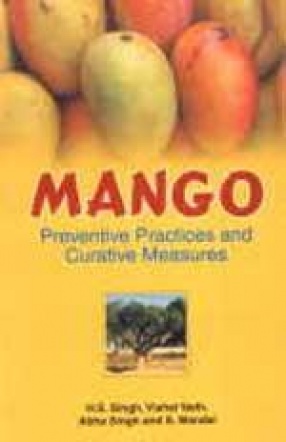
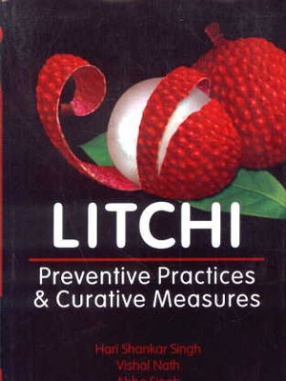


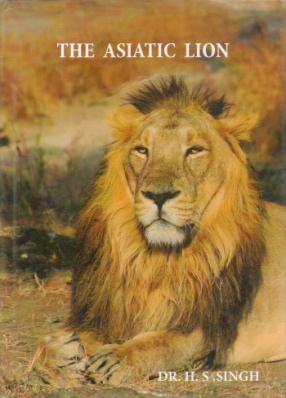


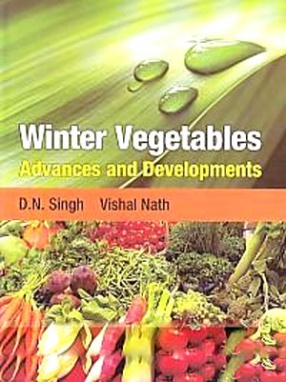
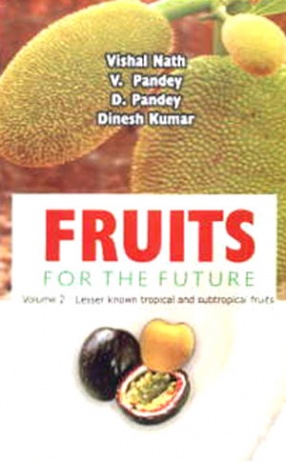
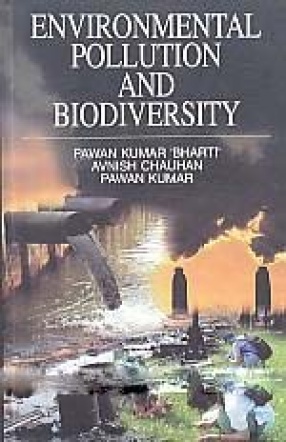

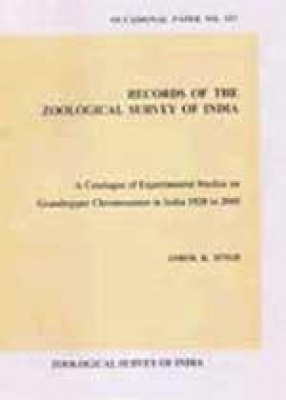
There are no reviews yet.